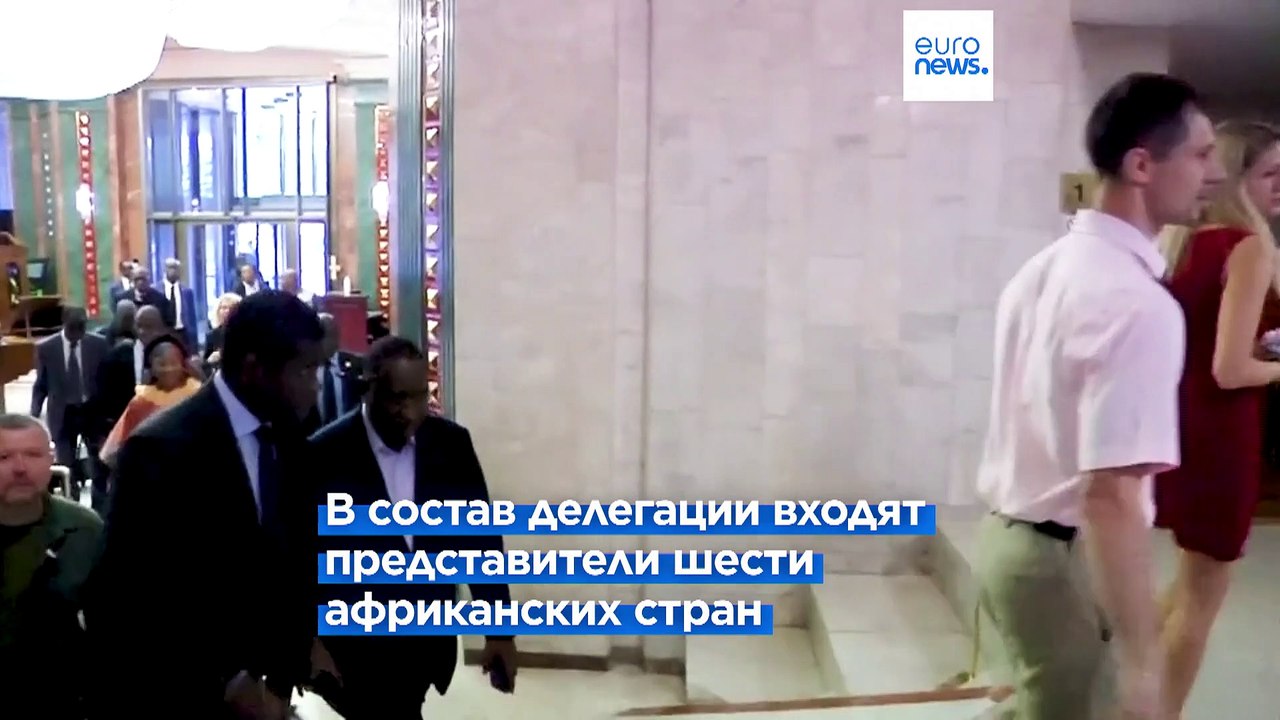Proposed US Sanctions Easing On Russia: A Path To Peace In Ukraine?

Table of Contents
Arguments for Easing Sanctions
Some argue that easing US sanctions on Russia could be a strategic move towards achieving peace in Ukraine. This perspective rests on two key pillars: economic incentives for de-escalation and fostering diplomatic engagement.
Economic Incentives for De-escalation
Easing sanctions could create economic incentives for Russia to negotiate seriously and withdraw its troops from Ukrainian territory. The potential benefits for the Russian economy, currently hampered by international isolation and economic sanctions, could encourage greater cooperation. Improved economic conditions might, in turn, reduce the risk of further escalation and military adventurism.
- Targeted sanctions relief, focusing on humanitarian aid and civilian needs, could be a viable option, separating the civilian population from the punitive measures aimed at the regime.
- Linking sanctions relief to verifiable progress in peace talks could ensure accountability and prevent Russia from exploiting any concessions. This approach would require clear benchmarks and mechanisms for monitoring compliance. This could involve independent international observers verifying troop withdrawals or the cessation of hostilities.
Fostering Diplomatic Engagement
Easing tensions through economic means can create a more conducive environment for dialogue and negotiation. Reduced economic pressure could encourage Russia to participate more constructively in peace negotiations, leading to a more fruitful exchange of ideas and compromises.
- Improved communication channels are essential for successful diplomacy. Easing sanctions could facilitate more open communication between Russia and the international community.
- International mediation efforts could be strengthened by a more cooperative Russian stance, potentially leading to breakthroughs in stalled peace negotiations. This requires careful consideration of which mediating bodies are best positioned to facilitate meaningful dialogue.
Arguments Against Easing Sanctions
Conversely, many argue that easing sanctions on Russia would be a grave mistake, potentially undermining international efforts to achieve a just and lasting peace in Ukraine. The primary concerns revolve around rewarding aggression, jeopardizing Ukraine's sovereignty, and the risk of funds being misused.
Rewarding Aggression
Easing sanctions without significant concessions from Russia could be perceived as rewarding its aggression and violating international law. This could embolden Russia and encourage further acts of aggression in the future, setting a dangerous precedent for other nations.
- Maintaining strong sanctions pressure is crucial for deterring future conflicts and upholding the principles of international law. This pressure needs to be sustained until Russia demonstrates a genuine commitment to peace.
- Russia's track record of violating international agreements raises serious concerns about its commitment to good faith negotiations. History demonstrates a pattern of broken promises and disregard for international norms.
Undermining Ukraine's Sovereignty
Easing sanctions could significantly undermine Ukraine's negotiating position, potentially leading to territorial concessions and a compromise of its sovereignty. This could be perceived as a betrayal of Ukraine's struggle for self-determination and its right to exist as an independent nation.
- Solidarity with Ukraine is paramount to upholding international law and preventing further Russian aggression. This requires continued diplomatic and military support for Ukraine.
- Continued support for Ukraine's defense capabilities is crucial to ensure its ability to defend itself against further Russian aggression. This includes military aid and training.
The Risk of Russian Misuse of Funds
Relaxing sanctions could allow Russia to divert the freed-up funds to its military, furthering the conflict in Ukraine and potentially destabilizing the region. Robust monitoring and verification mechanisms would be absolutely essential to prevent such misuse.
- Transparency and accountability are key to responsible sanctions relief. Any easing of sanctions must be coupled with mechanisms to ensure that funds are used for peaceful purposes.
- Independent oversight is necessary to ensure compliance with any agreed-upon terms. This requires international cooperation and a commitment to transparency.
Exploring Alternative Approaches
Given the complexities of the situation, alternative approaches to sanctions policy warrant serious consideration. These include phased sanctions easing and targeted sanctions.
Phased Sanctions Easing
A gradual easing of sanctions, contingent upon verifiable progress in peace talks, is a more nuanced strategy. This approach allows for adjustments based on Russia's actions and could maximize leverage while mitigating the risks associated with immediate and complete relief.
- Clear benchmarks and timelines must be established, setting concrete goals for Russia's actions.
- International monitoring of progress is crucial to ensure accountability and transparency. This could involve a team of independent observers from various nations.
Targeted Sanctions
Focusing sanctions on specific individuals and entities involved in the conflict, rather than broad economic restrictions, can maximize pressure while minimizing unintended harm to the civilian population. This approach allows for flexibility and can be adjusted as the situation evolves.
- Identifying key actors responsible for aggression is essential to ensure that sanctions are effectively targeted.
- International cooperation in enforcing targeted sanctions is crucial for their effectiveness.
Conclusion
The debate surrounding US sanctions easing on Russia in the context of the Ukraine conflict is multifaceted and highly complex. While easing sanctions could potentially foster diplomatic engagement and incentivize Russia's cooperation, the risk of rewarding aggression and undermining Ukraine's sovereignty remains significant. Alternative approaches, such as phased sanctions easing or targeted sanctions, warrant careful consideration. Ultimately, any decision regarding sanctions relief must prioritize Ukraine's security, territorial integrity, and self-determination while seeking a peaceful resolution. Further analysis and international collaboration are crucial to determine the best path forward, ensuring that any easing of US sanctions on Russia genuinely contributes to peace in Ukraine, rather than jeopardizing it. Continued monitoring of the situation and engagement in informed discussions about the future of US sanctions on Russia are essential for informed decision-making.

Featured Posts
-
 Mirnaya Initsiativa Trampa Effektivnye Metody Davleniya Na Putina
May 27, 2025
Mirnaya Initsiativa Trampa Effektivnye Metody Davleniya Na Putina
May 27, 2025 -
 How To Watch The Elsbeth Season 2 Finale Online For Free
May 27, 2025
How To Watch The Elsbeth Season 2 Finale Online For Free
May 27, 2025 -
 Crystal Palace Transfer Rumour Emegha To Replace Mateta
May 27, 2025
Crystal Palace Transfer Rumour Emegha To Replace Mateta
May 27, 2025 -
 334 Penyelamatan Non Kebakaran Oleh Damkarmat Bandar Lampung Laporan Awal Mei 2025
May 27, 2025
334 Penyelamatan Non Kebakaran Oleh Damkarmat Bandar Lampung Laporan Awal Mei 2025
May 27, 2025 -
 Manchester Uniteds Pursuit Of Victor Osimhen A Transfer Analysis
May 27, 2025
Manchester Uniteds Pursuit Of Victor Osimhen A Transfer Analysis
May 27, 2025
